A film is a petrified fountain of thought
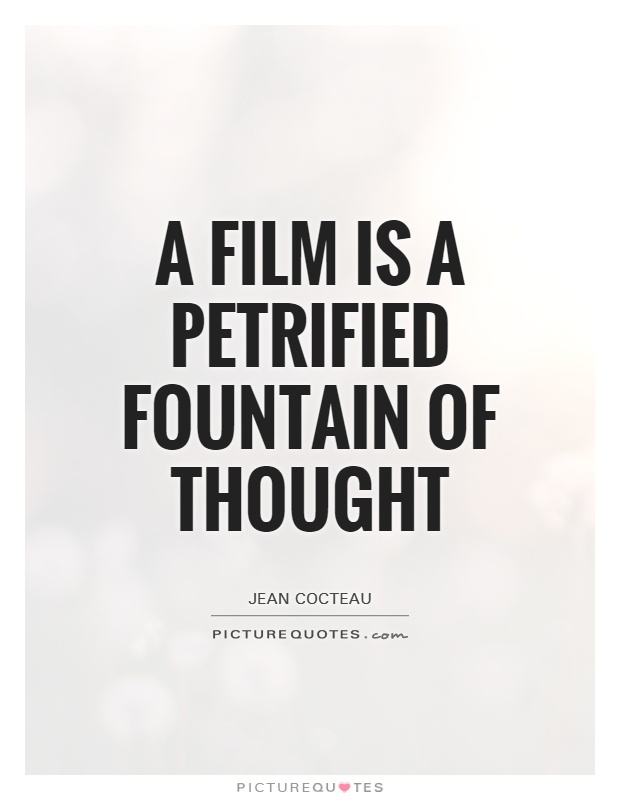
A film is a petrified fountain of thought
Jean Cocteau, a French artist, poet, and filmmaker, once famously said, "A film is a petrified fountain of thought." This profound statement encapsulates the essence of cinema as a medium for expressing ideas, emotions, and stories in a visually captivating and thought-provoking manner.Cocteau was a pioneer in the world of avant-garde cinema, known for his innovative techniques and surrealistic storytelling. His films, such as "Beauty and the Beast" and "Orpheus," are masterpieces that blend fantasy, mythology, and symbolism to create a unique cinematic experience. In these films, Cocteau used the medium of film to explore complex themes such as love, death, and the nature of reality.
When Cocteau referred to a film as a "petrified fountain of thought," he was highlighting the transformative power of cinema to capture and preserve ideas and emotions in a tangible form. Just as a fountain continuously flows with water, a film is a dynamic and ever-evolving medium that can convey a multitude of thoughts and emotions to its audience. However, once a film is created, it becomes fixed in time, like a petrified fountain, allowing viewers to revisit and reflect on its message for years to come.
Furthermore, Cocteau's statement suggests that a film is not just a passive form of entertainment, but a source of inspiration and contemplation. Like a fountain that nourishes the mind and soul, a film can stimulate thought, spark creativity, and provoke introspection. Through the visual language of cinema, filmmakers like Cocteau have the power to communicate profound ideas and emotions that resonate with audiences on a deep and visceral level.

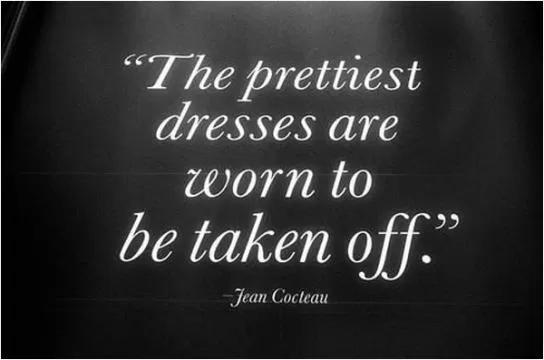





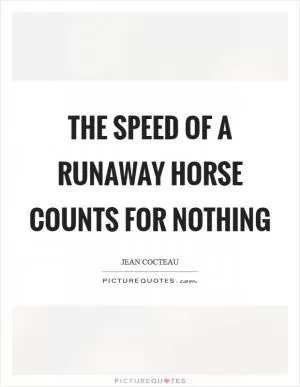
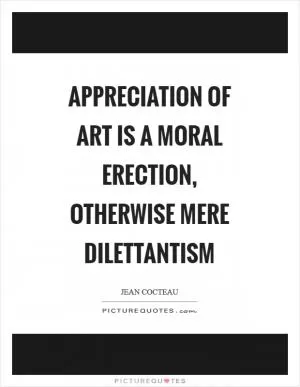

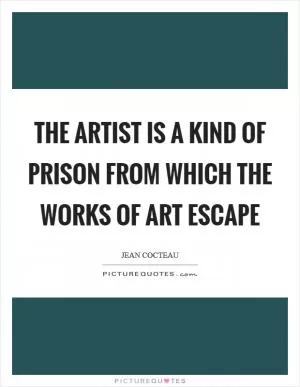
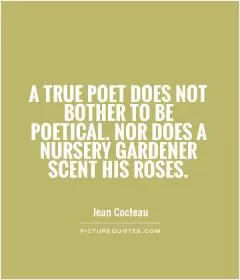
 Friendship Quotes
Friendship Quotes Love Quotes
Love Quotes Life Quotes
Life Quotes Funny Quotes
Funny Quotes Motivational Quotes
Motivational Quotes Inspirational Quotes
Inspirational Quotes